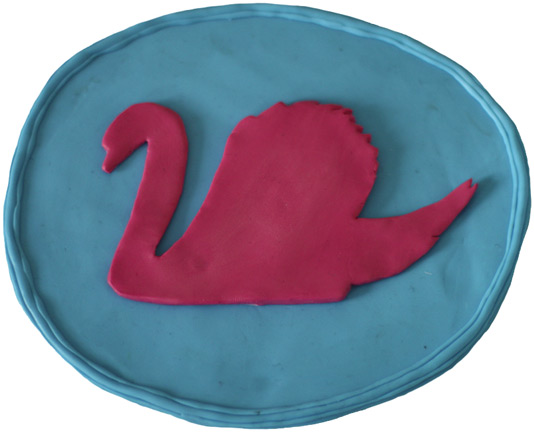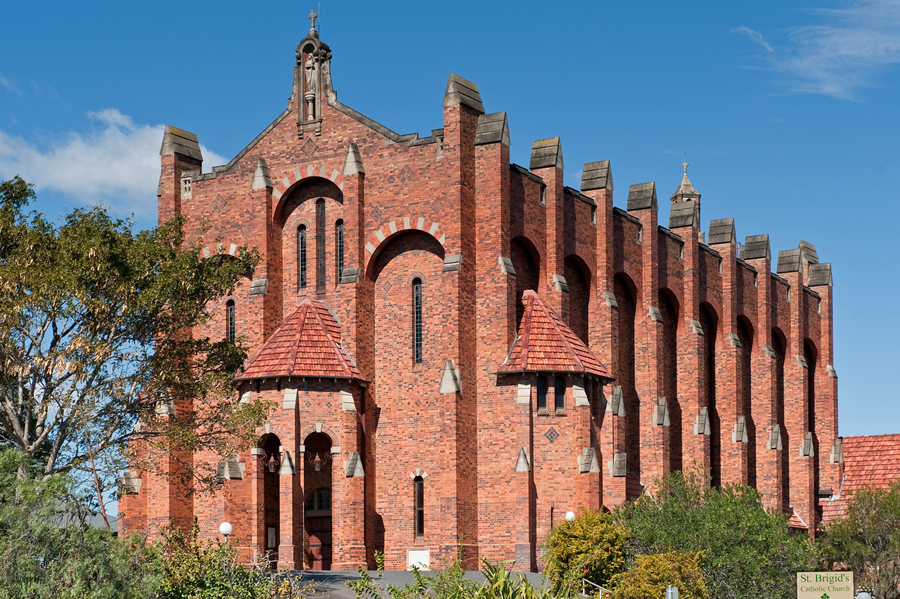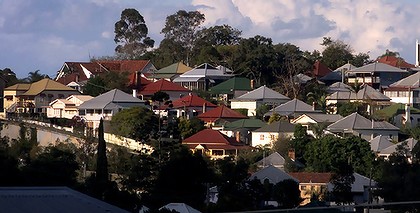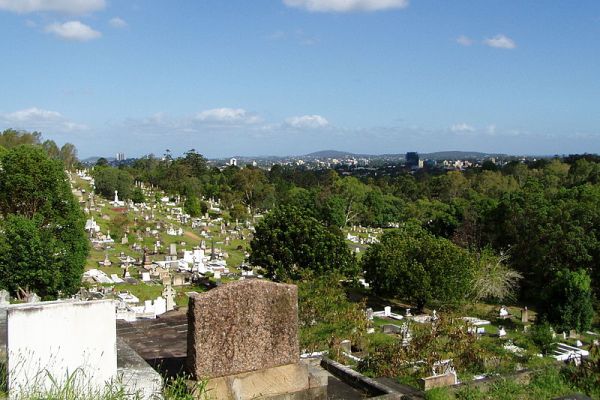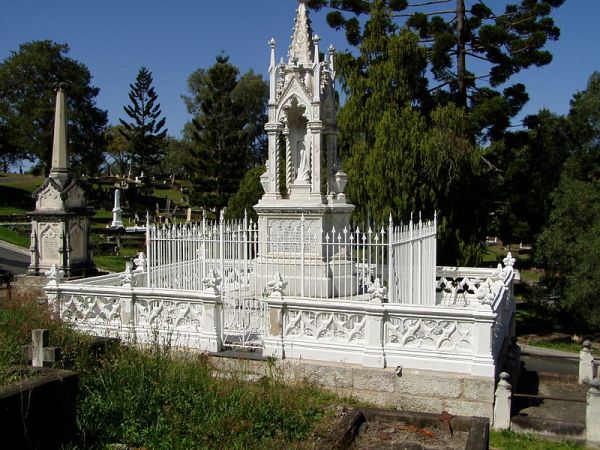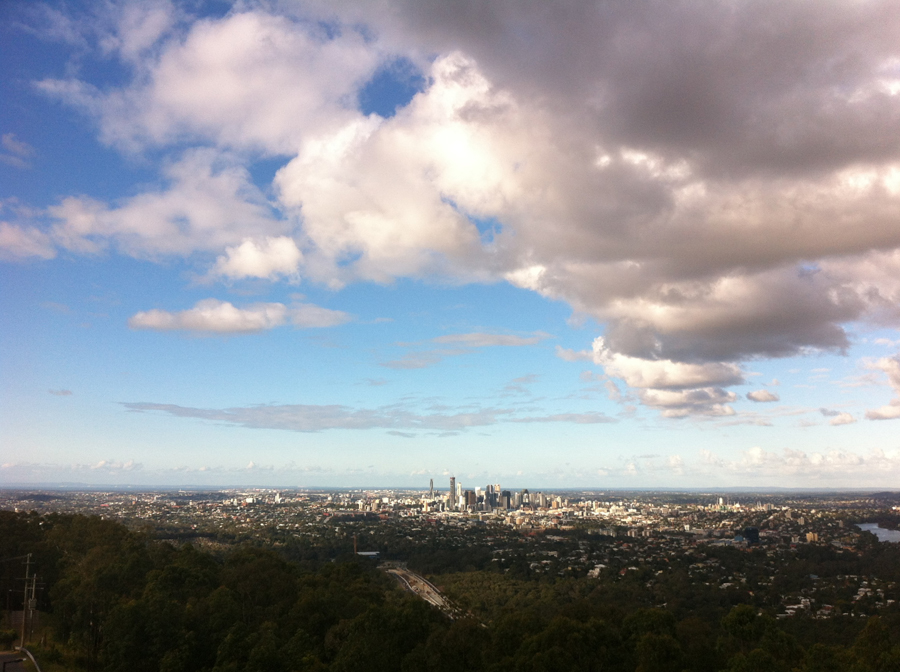Quelques citations notées dans un vieux carnet…
“C’est dès à présent qu’il faut vivre dans l’éternité” – Gide
“Comprendre tous les hommes afin de les aimer tous” – St Exupéry
“Il faut beaucoup de chaos en soi pour donner naissance à une étoile” – Nietzsche
“En moi est entré le mal d’amour comme un poison mêlé de miel. Je m’en suis délecté sans savoir et dans ce délice était la mort.”
– Al Mutanabbi
“Why did not our god make me a little stronger, her but a little wiser. Both of us happy.” – Rosetti
“J’habite ma propre maison
Je n’ai jamais imité personne en rien
Et – je me ris de tout maître
Qui n’a su rire de lui-même.
Inscription au dessus de ma porte”
– Nietzsche
“Pour le poète et pour le sage
Toutes choses sont objets de joie et sont bénies,
Toutes les expériences utiles;
Chaque jour est sain,
Chaque homme, divin”
– Emerson
“Je ne suis peut-être pas belle, mais je suis vivante!” – Arletty
“Exagérer, c’est être libre” – Frédéric Dard
“We are more often treacherous through weakness than through calculation” – La Rochefoucault
“Religion is for people who are scared of hell, spirituality is for people who have been there.” – Vine Deloria Jr.
“Une âme délicate est gênée de savoir qu’on lui doit des remerciements, une âme grossière, de savoir qu’elle en doit. ”
Friedrich Nietzsche
I took some notes during my time with the Kuku Yulangi tribe in Queensland. I might as well save them notes here. Observing different tribes’ values and traditions both in Australia and the US is helping me for my “Universal Declaration of Human Duties” project…
—————————————————————————————–
Kuku is their language
Yulangi means their land
Their territory was between the River and the Black mountains. They were not allowed to cross the border because it wasn’t their lands they didn’t know the hazards.
They had to ask for permission to cross the border.
The rainforest was their supermarket and their pharmacy. Everything they needed was there.
They would always only take what they need.
The elders would teach the young ones about the plants and the animals etc… The men would teach the sacred ways to the young boys and the women to the girls.
When the boys turn 12-13 they would be sent in the rainforest by themselves for 5 to 8 weeks. The ones who did best would become the next leaders of the tribe.
The tribe has several clans (maybe 4 to 5 clans).
Bayan is the name of their little huts.
Once a year there would be a trade meeting between different tribes and they would prepare in advance to go there. (It would take weeks)
They would paint their bodies in a certain way to signify what tribes they belonged to. The trading meeting was also a way for people to learn other languages. Some of the elders knew 20-30 different languages.
The didgeridoo isn’t from the rainforest it’s from the dry lands and the Kuku Yulangi got it through trade. The Didgeridoo is made by termites. Women are not allowed to play it.
The Cassowaries love the blue prunes from the rainforest but they are very toxic to man.
If the young boys misbehaved or broke rules or caused troubles or disrespected the elders or went pass the borders of the land their punishment is that the elders would gather around them and throw their spears in their knees. The boys would then have to find the right plants etc to heal their wounds. It was like a test. People in the tribe knew not to help them in any way. You had to deal with the consequences of your behaviour by yourself.
During the stolen generation period the elders would paint the bodies of the young ones darker with coal. Because if you were dark skin the white people wouldn’t take you away.
The legend says that the world was made by the rainbow serpent. When he was finished he went to the Great bareer Reef which is where he now remains and is why their are so many colours in the reef.
The tribe would have 3 different areas of habitat a year: In the drylands when it was the rainy season, in the rainforest during winter and at the beach in summer.
Most important thing: take only what you need. Example when they fished the crabs they would only take one claw from the crab at the time. Then give it a chance to grow back…
Respect the land, respect the ancestors.
When you deeply value yourself, you do not take rejection personally and become non-reactive to rejection. When you value yourself, you will not give yourself up to try to control another’s feelings about you. When you value yourself, you are willing to lose another rather than lose yourself.
I WANT TO LIVE A LIFE THAT IS FREE FROM THE COMPULSION TO RECYCLE UNRESOLVED NEGATIVE EMOTIONS.
I’m still working on enunciating my 2014 objectives which are more numerous and precise than ever.
After seeing this talk I have decided to work on my vulnerability, on accepting it, exposing it, taking more emotional risks. It’s not going to be easy.
This talk has been a great inspiration.
“La psychiatrie, la psychologie et la psychanalyse ont été inventées pour défendre le capitalisme en faisant croire a l’individu que son mal-être ne vient pas de l’abomination ressentie face à la société, mais de problèmes provenant de sa propre personne”.
– Francis Cousin
Did you know that 8 millions horses were killed during WWI?
Flashback…
Words Australians use: overseas, bond, unit, heaps, far out.
They obviously never say “abroad” because all of the “abroad” they know is overseas. A unit is what they call an appartment. A bond is a deposit and far out means all sorts of things, it depends on the intonation.
Interesting architecture in Brisbane:
St Brigid’s Church in Red Hill
Paddington’s neighbourhood with its queenslander style houses
And Toowong cemetery
And finally a panorama of Brisbane from Mount Coot Tha:
It’s always easier to fight for one’s principles than to live up to them.
– Alfred Alder
-
- “Qui bien mange, fiente et dort,
- Fait un pied de nez à la mort. “
